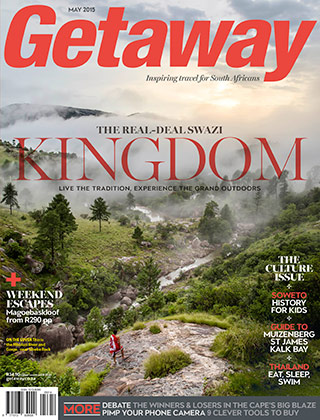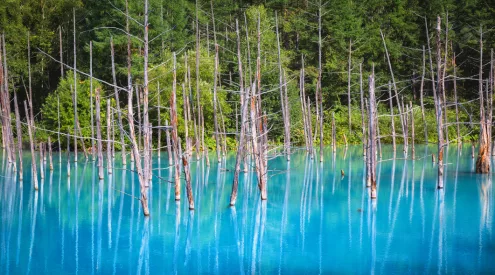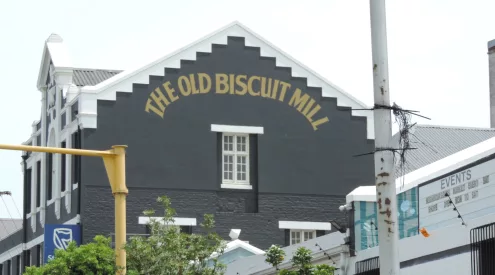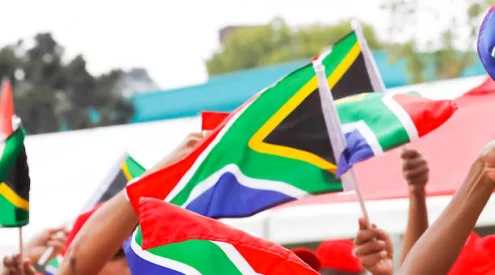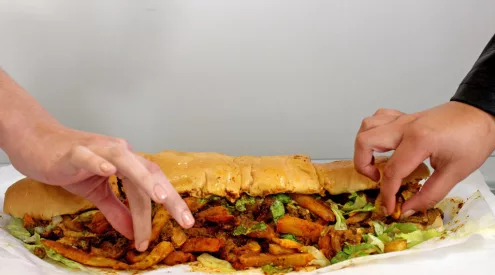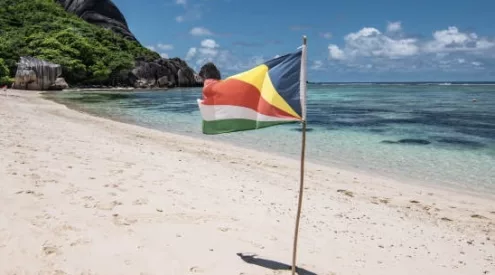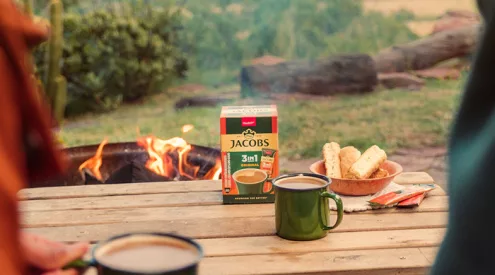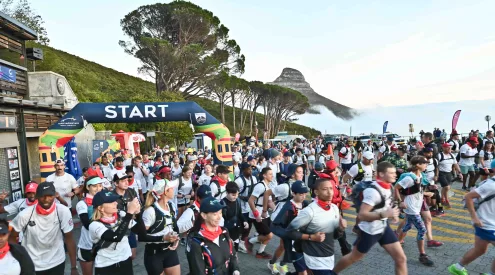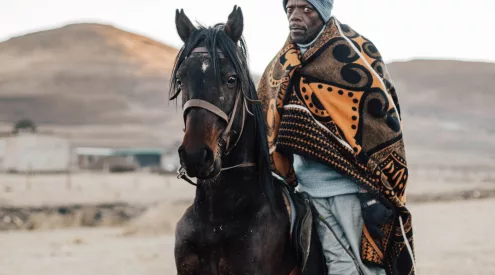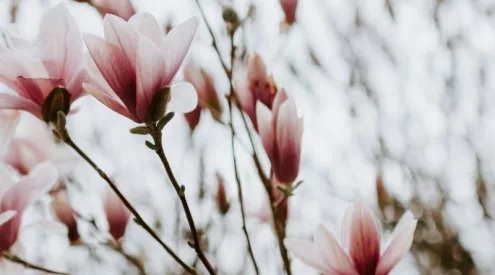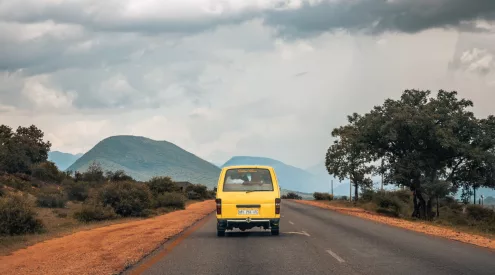From fragrant food to pungent streets, from sweet fruit shakes to brightly coloured temples and iridescent seas, there’s nothing dull about travelling Thailand.
For more photos, also read: two weeks in Thailand
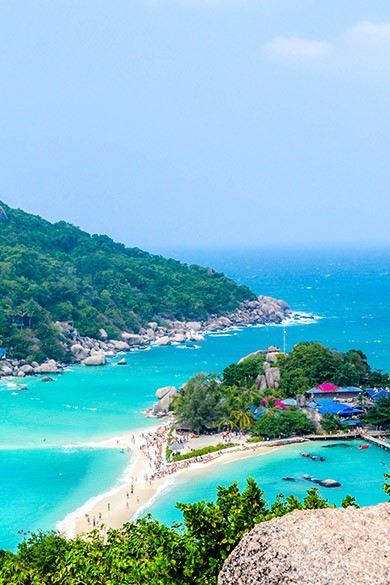
Koh Tao is diving perfection and tourists flock from all over the world to complete PADI courses while staying in island bliss. After a short boat trip around the main island that costs about R300, you can visit the turquoise paradise of Koh Nang Yuan (‘koh’ is the Thai word for island). Made up of three small islands connected by a sand bank, it’s possible to visit only during trading hours or stay at Nangyuan Dive Resort, the sole accommodation venue on the island. After climbing a series of steep stairs to the highest peak on the island, there’s a boulder overlooking the postcard-perfect beach.
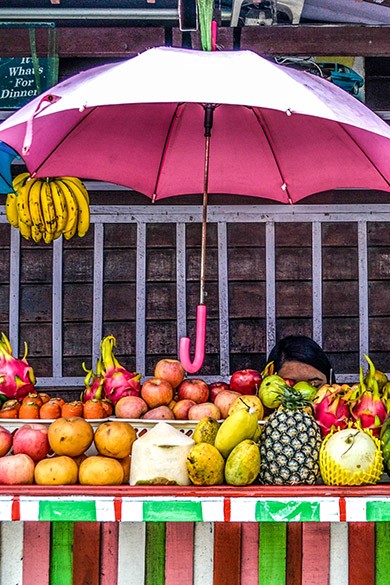
Whether you’re in Bangkok, Chiang Mai or on an island you’ll find traditional fruit shakes: a delicious blend of fresh fruit, syrup, ice and a sprinkling of salt, they’re the best local refreshment. Choose a tropical blend of banana, mango, dragon fruit and pineapple or opt for a straightforward single-fruit shake. Keep an eye on the salt shaker, sometimes locals can be a bit too generous on the traditional amount for a traveller’s palate and it can ruin the experience. Packets of freshly diced fruit are also common and a kebab stick is used to stab the fruit and pop it in your mouth. Some are wary of street food when abroad, but let the devil take the hindmost – I fearlessly munched everything and nothing betrayed my belly or hindered the trip.
Also read: my recipe for a fragrant Thai green curry
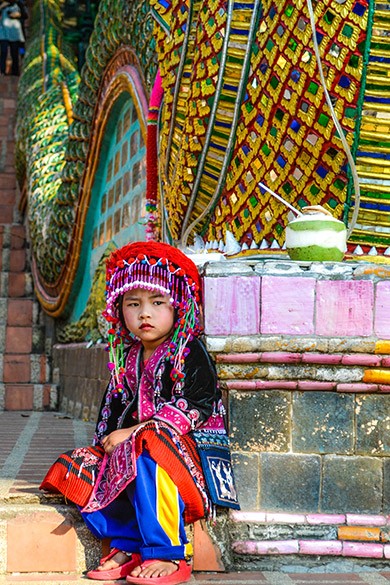
A little northern Thai girl dressed in traditional Lanna garb sits outside a well-visited temple called Wat Phra That Doi Suthep in Chiang Mai. A winding, ascending drive from the main city, this spectacular golden temple perches on a mountain ridge in a cloud belt surrounded by lush forest and tourist stalls. It is one of the most sacred temples in the northern region of Thailand and there are 306 steps to climb in order to cross its threshold. Most children are dressed up in traditional wear for photographs and to help peddle the tourist souvenirs sold on the street below. I was unaware of the ‘price’ when I took this photo, only discovering the practice on returning home, and although beautiful it now poses some difficult ethical questions about photographing the hill tribe children.
Also read: what to pack when travelling to Thailand
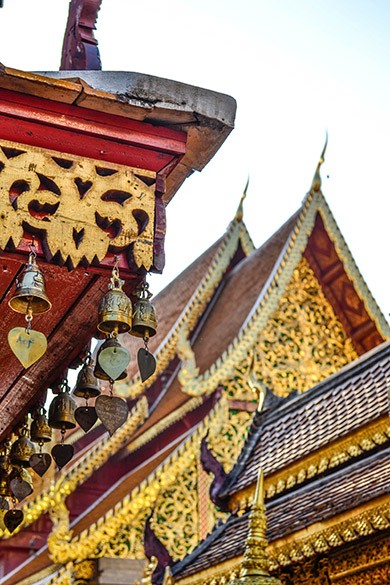
Charms tinkle as they sway from the golden edges of the enormous Wat Phra That Doi Suthep temple in Chiang Mai. The temple is pretty lavish, almost entirely golden and surrounded by bright crimson bougainvillea. It’s the best spot to appreciate the city being high up on a mountain overlooking the countryside for kilometres on a good clear day.
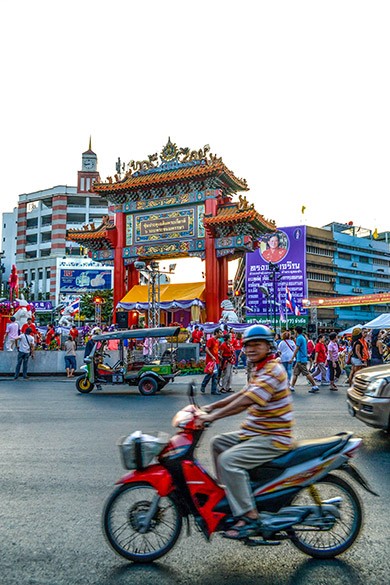
A motorcyclist catches my camera as he whizzes through Bangkok during Chinese New Year celebrations. Thais with Chinese ancestry celebrate the lunar New Year with spring cleaning, fireworks and food. The festivities include lighting candles, incredible dragon dances, drum beating and vibrant nightlife. This photograph was taken just before the spirited celebrations began at dusk, and you can see the prominent red theme with many of the locals wearing red T-shirts.
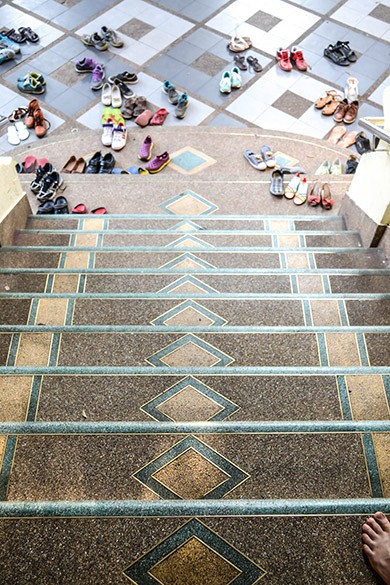
When visiting a temple, it is respectful to remove your shoes. Long pants should be worn and your shoulders covered with a scarf. Chiang Mai is regarded as the cultural capital of Thailand, blending historical sites and temples with modern lifestyle. Monks share the streets with ordinary people and it is customary for every Thai male to experience religious life as a monk for a week or more before he gets married.
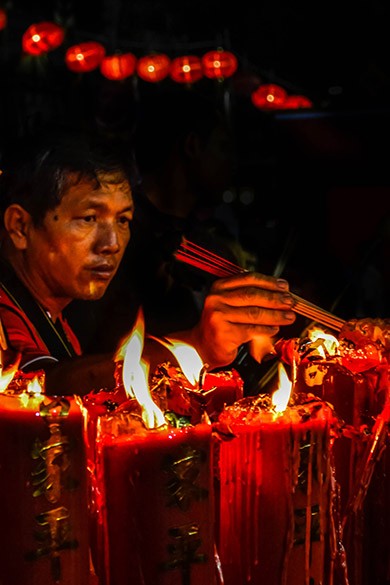
Getting to Thailand
I flew Emirates and suffered a 10-hour wait at Dubai International, but with a Discovery Vitality discount the return ticket only cost R5500. South African Airways flies for about R8000 and South Africans do not need a visa.
It’s difficult to choose where to go in Thailand but I managed to cover the best of the best in two weeks by spending four days in bustling Bangkok, four days on the beaches of Koh Tao and four days in cultural Chiang Mai, allowing at least a day for train and bus travel between each destination. I spent a total of R13500 for two weeks including flights.
TripAdvisor was my friend along with agoda.com (an online hotel site). I ate street food, travelled by train and bus, hired a scooter and stayed in relative luxury. The exchange rate makes it an affordable holiday and it’s easy to find a deal.
Need to know
- Most Thais who deal with tourists speak English, but don’t expect English in rural areas.
- Hustle for better prices. In Chiang Mai I paid for a jungle trek, accommodation and transfers at the price that the jungle trek alone cost from a tourism office.
- Thais eat spicy food. If you’re not that way inclined, order fruity dishes and stick to egg-fried rice or beef noodles.
- Don’t be scared of eating the meat on sticks sold on the streets, these are still my most-missed delight.
- Drink bottled water only.
Where to stay in Thailand
Koh Tao Viewpoint Resort was my best find in the quieter Chalok Bay, away from the buzz of Koh Tao. Book one of the cottages for about R450 pp. A futon, mosquito net and secluded spot on the beachfront make for an idyllic night at the same price. viewpointresortkohtao.com
Chiang Mai Thai House sits in a central position close to the night market. From R600 pp for two nights including a jungle tour. chiangmaithaihouse.com
This article first appeared in the May 2015 issue of Getaway magazine.
Please note that all prices were correct at time of publication, but are subject to change at each establishment’s discretion. Please check with them before travelling.
